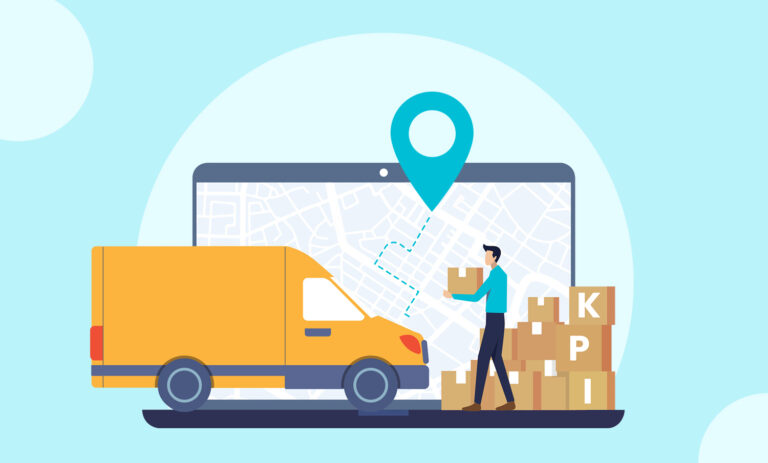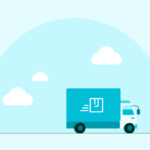

Outsourcing is not new, but it can define success for a business. The new trends around the sharing economy and new ways to deliver are very appealing for companies to outsource their deliveries, but is outsourcing a good choice? Continue reading article to find out the pros and cons that will help you decide.
For decades, businesses have benefited from tech evolution, new business models and growing competition that lowers the potential cost of outsourcing. This created a large-scale outsourcing culture in many companies, that no longer own, manage, or directly control their operations.
What is outsourcing?
All operations not handled in-house by a company are considered as outsourced activities, whether it is a daily operation, such as the cafeteria management or a strategic process, like the legal or financial handling.
Even though it’s a widespread concept across almost all business areas, the value of outsourcing is still most recognized in the manufacturing operations. There is potential for outsourcing in other areas: the growth of e-commerce and deliveries, transport can be an opportunity to revisit your company’s decision about outsourcing.
Should I outsource my deliveries?
When to outsource? Businesses of all sizes can benefit from outsourcing. Often, the more important question is when to do it. The ‘one-size-fits-all’ rule is: outsource activities that take a lot of time and energy, while not being your core activity. But, there’s more to this. Let’s look at the pros and cons of hiring someone external to handle your deliveries and help you make a decision.
Pros of outsourcing deliveries
Increase your profits Big advantages first: outsourcing your transport will save you money. The reason is simple, it is cheaper for third party companies to handle delivery logistics because they work in economies of scale by providing operations for several customers. Third parties improve their routes’ efficiency by 1) delivering for other clients at the same time, 2) reshuffling freight with carriers in other geographical regions which further reduce operational cost.
Can lead to more efficient operations The time saved is the other big advantage. In-house last-mile delivery requires a lot of consistent effort and a number of time-consuming activities, such as:
- Driver recruitment
- Planning & optimizing transport
- Maintenance of the fleet
- Dedicated Customer Support service for questions and feedback.
Cons of outsourcing
Outsourcing seems convenient, but it can come with unforeseen issues and still requires to have a high degree of contact with the provider, specially to ensure quality standards.
Keeping control of operations You could potentially lose control and visibility of the delivery operations. This depends greatly on the outsourcer you choose and type of agreement, but even so, it’s complicated to have the same level of control, and delivery quality?
Here are some easy to implement advices:
- Get involved: work closely with the carrier and give them a good overview of your business objectives, methods and quality standards.
- KPI, KPI, KPI: establish objectives and ways to measure them, such as the percentage of failed deliveries, the average time for deliveries and delays, or client satisfaction rate.
Brand consistency A second con is branding. It’s likely that the branding throughout the supply process will be of your outsourced carrier. If this is an issue for you, solutions like URBANTZ, are completely white label, tackling this issue easily, making sure that all the communication between dispatchers, drivers and final customers will feature the visual identity of your company.
Dependency on the service Outsourcing creates a relative dependence on the subcontractor. Any change in their overall health or price policy could drastically affect your business.
Conclusion
Outsourcing your delivery operations is definitely a strategic decision and it mainly depends on the type of business you are in. The size of your operations is also a factor to consider: smaller companies can benefit most from cost-efficiency. Even if you are set to grow into an in-house solution, outsourcing is a great way to learn.
-You’d rather not take on the endeavour and initial costs of building an in-house operation (at least for now?) – Think about outsourcing!
–Customer service and branding are a big part of your strategy, and you don’t mind dedicating a budget to it? Consider investing in in-house solutions.





